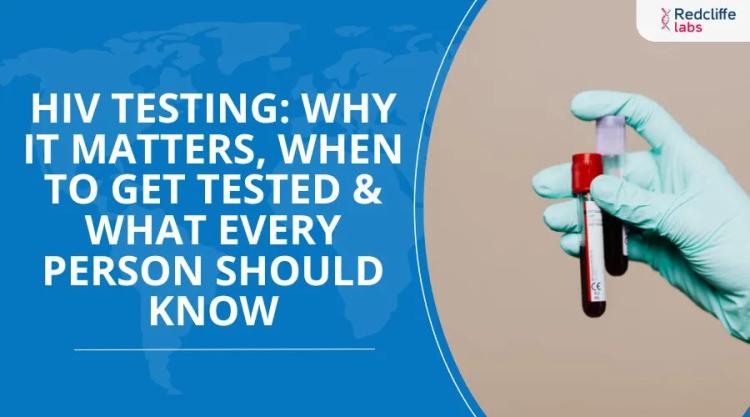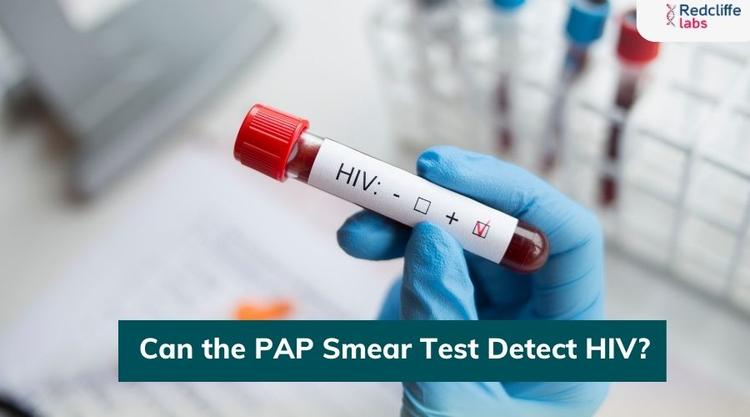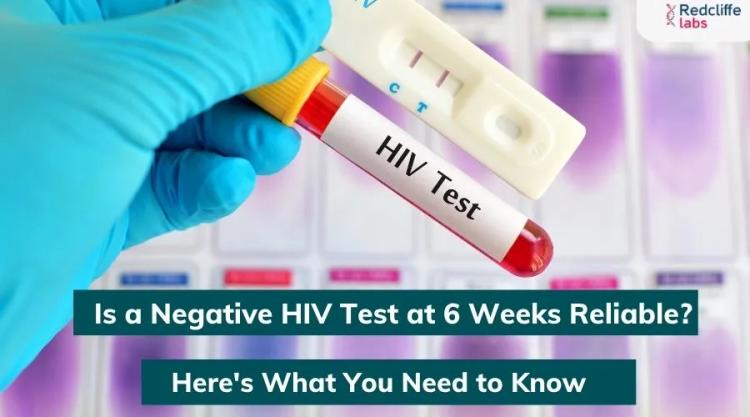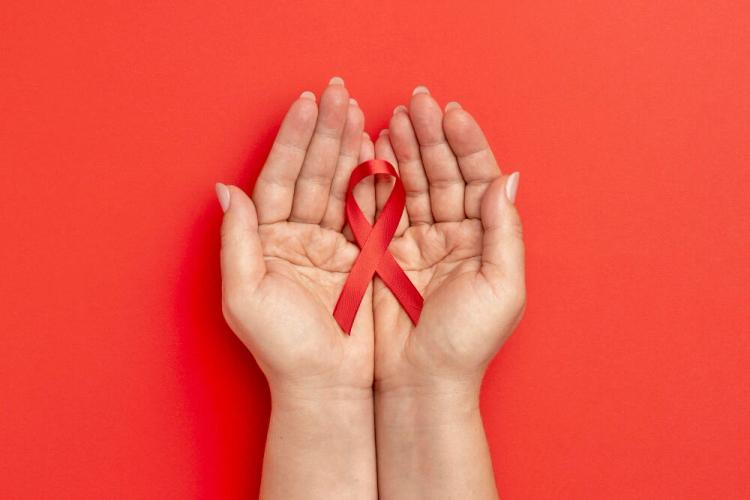HIV Symptoms in Men: Key Indicators to Watch

Medically Reviewed By
Dr. Ragiinii Sharma
Written By Kirti Saxena
on Sep 13, 2023
Last Edit Made By Kirti Saxena
on Jan 8, 2025
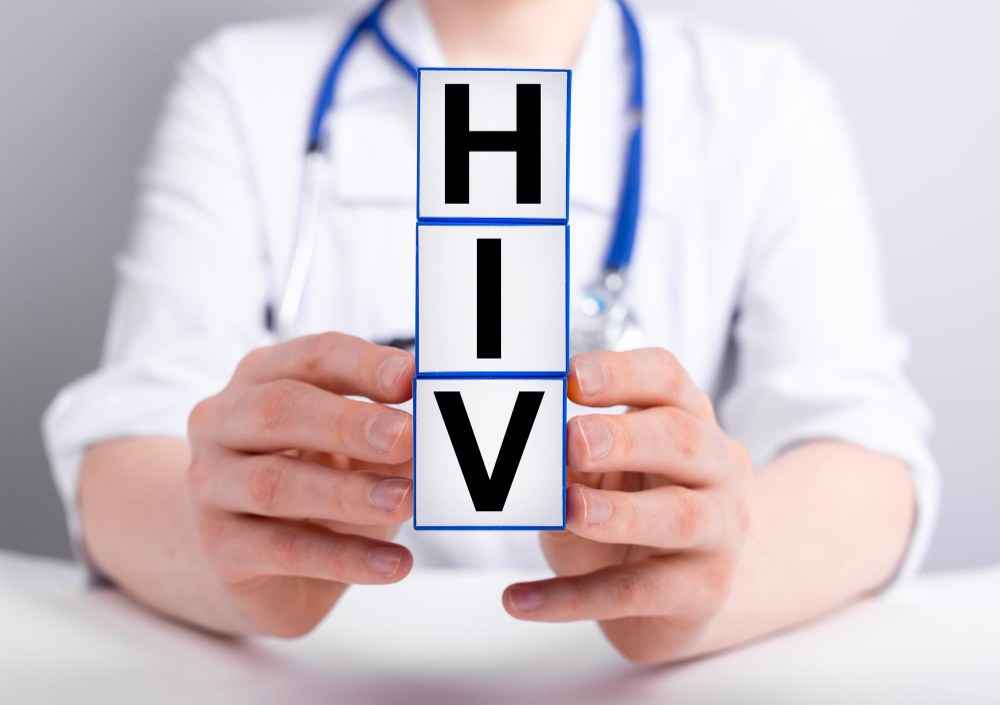
As per WHO, 39 million people are living with HIV worldwide. Nearly 630,000 people died due to HIV-related diseases worldwide in 2022.
HIV stands for Human Immunodeficiency Virus, which attacks the immune system, specifically the body's CD4 cells (T cells), which play a crucial role in the immune system's response to infections. HIV weakens the immune system over time, making it more difficult for the body to fight infections and diseases. If left untreated, HIV can lead to a more severe condition called AIDS. It can be transmitted through certain body fluids, such as blood, semen, vaginal fluids, rectal fluids, and breast milk, from a person with HIV.
HIV hits differently in each person. Not everyone has the same symptoms, and some people may not show signs for long. Most of the time, the signs of HIV are common in men and women. However, there are many unique symptoms in men. In this blog, we'll explore the HIV symptoms in men and emphasize the importance of testing and seeking medical care. Let's explore this in detail.
What causes HIV in Men?
HIV is primarily transmitted through specific modes of contact with certain body fluids. It includes-
- Blood: Direct contact with infected blood is a common mode of HIV transmission. Sharing needles or syringes for drugs to use, tattooing, or body piercing are some examples of blood transfusion.
- Unprotected Sex: Unprotected sexual intercourse (vaginal, anal, or oral) with an HIV-positive partner is a cause of HIV transmission. Both men who have sex with men (MSM) and heterosexual people are at risk of HIV through sexual contact.
- Sexually Transmitted Infections (STIs): Having certain STIs can increase the risk of HIV transmission during sexual contact. These infections can affect both men and women.
- Blood Transfusions and Organ Transplants: Although rare, HIV transmission has occurred through infected blood transfusions or organ transplantation from an HIV-positive donor.

Symptoms of HIV in Men
HIV is a global health concern that affects people of all age groups, genders, and ages. HIV causes many symptoms in men, but the virus can remain asymptomatic for years. Here are some HIV symptoms specific to Men:
- Genital Ulcers and Sores: Men with HIV may develop genital ulcers or sores, which can be painful and increase the risk of transmitting HIV to sexual partners. These ulcers may cause discomfort, pain, or discharge.
- Urinary Tract Infections (UTIs): Men with HIV are susceptible to urinary tract infections, which can cause symptoms such as frequent urination, burning during urination, and lower abdominal discomfort.
- Anal Health: Men who have sex with men (MSM) may be at higher risk of anal health issues related to HIV. This can include anal warts, anal fissures, and increased susceptibility to sexually transmitted infections (STIs) in the anal area.
- Erectile Dysfunction: HIV can affect sexual health in men, leading to issues like erectile dysfunction, reduced libido, or difficulty achieving or maintaining an erection.
- Infectious Proctitis: This causes inflammation of the rectal lining caused by infection, often related to certain STIs like gonorrhea or chlamydia. It can lead to symptoms such as rectal pain, discharge, bleeding, and discomfort during bowel movements.
- Hypogonadism: It is the condition in which the testes do not produce enough testosterone, the primary male sex hormone. The symptoms may include fatigue, reduced muscle mass, and sexual dysfunction.
- Prostatitis: HIV is the risk factor for Prostatitis. This causes inflammation of the prostate gland, which causes symptoms like pelvic pain, pain during urination, frequent urination, and difficulty emptying the bladder.
- Pain or Burning While Peeing: Pain or a burning sensation during urination can indicate urinary tract infections (UTIs) or HIV infection.

The final stage of HIV infection is AIDS. It attacks and weakens the immune system over time, making it harder for the body to fight infections and diseases. AIDS is diagnosed when a person with HIV experiences a significant drop in their CD4 cell count (a type of immune cell) or develops certain opportunistic infections or cancers due to a severely weakened immune system.
Symptoms of AIDS include:
- Nausea
- Chronic fatigue
- Rapid Weight loss
- Cough
- Shortness of breath
- Fever, chills, and night sweats
- Rashes and sores in mouth and genitals
- Memory loss and confusion
Common early symptoms of HIV in Men include:
- Fever
- Chills
- Fatigue
- Muscle aches
- Night sweats
- Swollen lymph nodes
- Rashes
- Oral Ulcers
- Chronic Diarrhea
- Skin issues
Without proper treatment, HIV infection can cause severe illness:
- Tuberculosis (TB)
- Cryptococcal meningitis
- Severe bacterial infections
- Cancers such as non-Hodgkin lymphoma and Kaposi's sarcoma.
How to Diagnose HIV in Men?
If you are experiencing the above symptoms, you might be susceptible to HIV infection:
Here's what to do:
- Find an HIV testing near you: You must get an HIV test. You can choose Redcliffe Labs; the professionals are NABL accredited and provide the best diagnostic and affordable services.
- Get Tested: Book a test and get tested as soon as possible. Early diagnosis and appropriate medical care can help manage the condition, slow the progression of the disease, and improve the quality of life.
Available HIV Tests at Redcliffe Labs:
- HIV Antibody, Rapid Card Test
- HIV Antibodies (confirmation) Test by Western Blot
- HIV 1 Proviral DNA Qualitative Test
- HIV 1 Genotypic Resistance Test
- HIV 1&2 Antibodies Test by CMIA Method
- HIV p24 antigen test
- HIV 1 proviral DNA qualitative test
- HIV 1 viral load test
- HIV early screen test
- Consult your reports with your Doctor: Consult your reports with your healthcare professional for proper treatment and follow the preventive tips guided by them.
Preventive Tips for HIV in Men
Preventing HIV infection in men involves a combination of education, awareness, and proactive measures. Here are essential prevention tips for men:
- Safe Sex Practices: Use condoms during sexual intercourse; this can help to reduce the risk of HIV transmission. Pre-exposure prophylaxis (PrEP) is a medication HIV-negative individuals take to reduce their risk of acquiring HIV. Talk to a healthcare provider to determine if PrEP is right for you.
- Know Your Partner's HIV Status: Know your HIV status and encourage your sexual partners to get tested.
- Limit sexual partners: Reducing the number of sexual partners and having a monogamous, mutually faithful relationship with an uninfected partner can lower the risk of HIV transmission.
- Avoid Sharing Needles: Do not share needles or syringes if you use drugs. Use clean and sterile equipment every time.
- Regular Testing: Get tested for HIV and other STIs regularly, especially if you are sexually active or engage in high-risk behaviors.
Know Your HIV Status
HIV prevention is a shared responsibility. Protect yourself and your partners from HIV infection. Regular healthcare check-ups, safe sex practices, HIV testing, and following medical treatment are vital for maintaining the health of people living with HIV. HIV is no longer the life-threatening disease it once was, thanks to advancements in medical treatment and care. However, if you suspect you may have HIV, consult your doctor and get tested for HIV. Early diagnosis and treatment can significantly improve outcomes.
Leave a comment
3 Comments
Sumanth Matla
Nov 2, 2024 at 5:22 PM.
I want to book
Myhealth Team
Nov 5, 2024 at 11:54 AM.
Hi, To book a test with us you can call us at 8988988787.
Raju
Oct 29, 2024 at 3:15 AM.
HIV test
Myhealth Team
Oct 29, 2024 at 7:00 PM.
Hi, To book an HIV test with us call us on the number 8988988787.
Vijay Amrutan
Oct 3, 2024 at 9:10 AM.
Hiv test
Myhealth Team
Oct 4, 2024 at 5:38 PM.
Hi, To book an HIV test with us give us a call on the number 8988988787.
